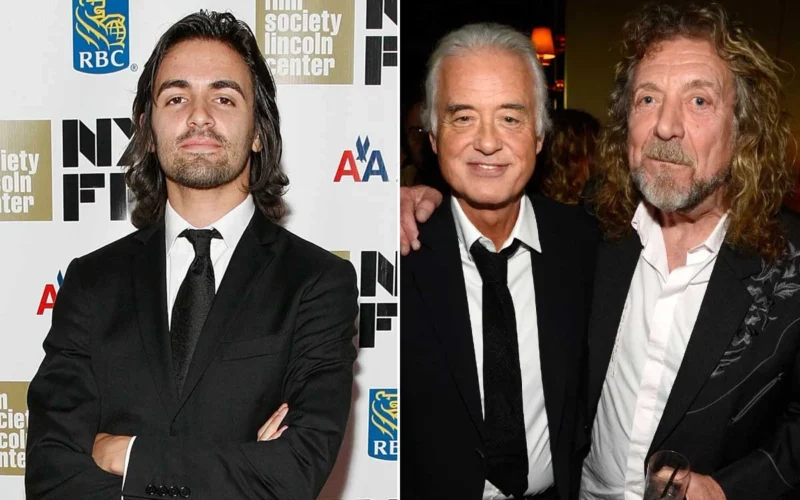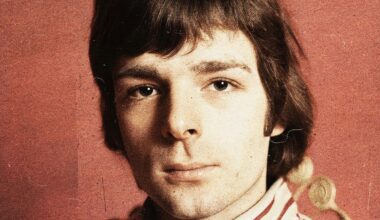Jay Weinberg recently shared his thoughts on which contemporary band deserves comparison to legendary rock icons. He made his case in an interview with Podioslave Podcast.
The drummer praised Clutch’s longevity and artistic integrity. He highlighted their approach to the music business and creative consistency.
“I think everybody should look to them [Clutch] as an inspiration of how to conduct yourselves as a band,” Weinberg said. “The same four guys since 1980 whatever, doing inspired music. Doing it on their own terms, releasing it themselves.”
He went on to draw a bold comparison between the Maryland-based rock band and one of music’s most influential groups.
“They’re like our generation’s Led Zeppelin or something like that,” he continued. “Like, gosh, what an incredible band and just like unbelievable players at everything they do.”
Weinberg’s praise for Clutch reflects the band’s remarkable journey from high school friends to rock veterans. They have maintained their original lineup and independent spirit throughout their career.
Last.fm reported that Clutch was formed in 1991 by four high school friends from Germantown, Maryland: Neil Fallon on vocals and rhythm guitar, Tim Sult on lead guitar, Dan Maines on bass, and Jean-Paul Gaster on drums. The band initially performed under different names including Moral Minority and Glut Trip before settling on Clutch. The name reflected their “City-State Liberation Union” concept tied to their proximity to Washington, DC.
The Maryland rockers have built an impressive catalog since their debut album “Transnational Speedway League” in 1993. Top40-Charts documented that Clutch has released thirteen studio albums and several live collections. They steadily built a devoted fanbase through relentless touring and consistent releases. Their work ethic and dedication to their craft have earned them respect across the rock and metal communities.
Perhaps most significantly, Clutch has maintained complete creative control over their music and business decisions. Metal Nation noted that since 2008 the band has operated under their own label, Weathermaker Music. This emphasizes their commitment to autonomy in the industry. This independent approach allows them to release music on their own terms without external pressure from major labels.
The band’s DIY ethos and unwavering commitment to their artistic vision clearly resonates with Weinberg’s assessment of their importance in contemporary rock music. Their ability to sustain both musical excellence and business independence for over three decades demonstrates the qualities that earn such high praise from fellow musicians.






